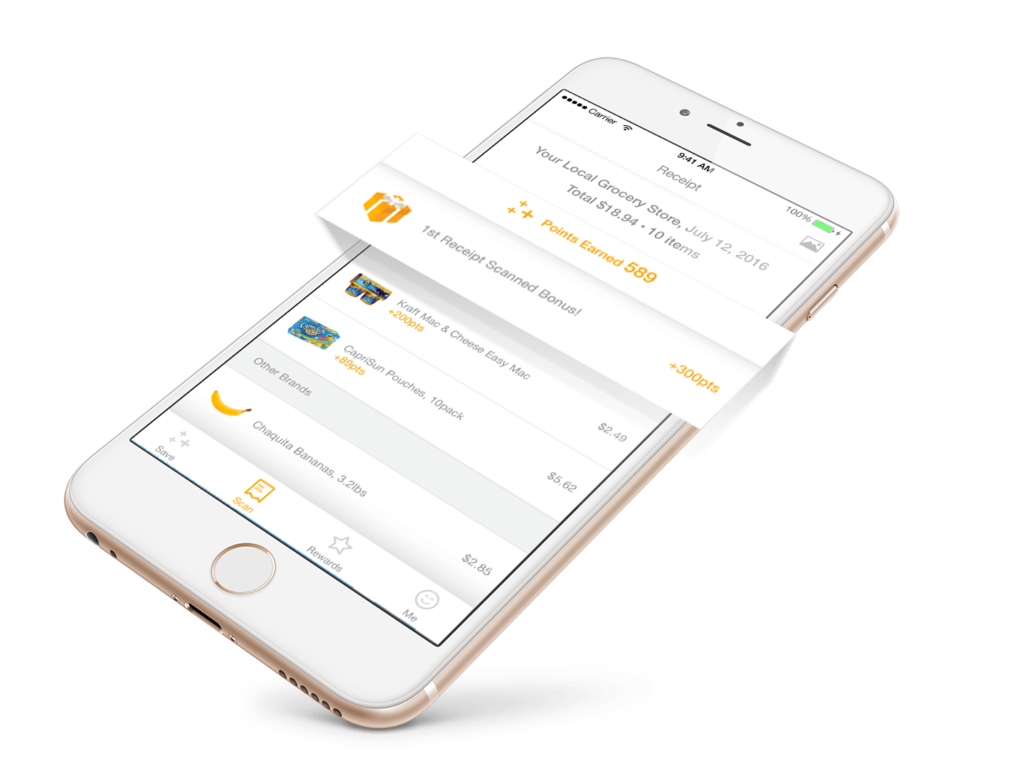Nobody argues how important it is to save money. Not having savings is one of the reasons many individuals borrow too much money, end up with high-interest loans, or increase their credit card balances to high levels.
Maintaining an emergency savings pool may be the most important difference between those who manage to stay afloat and those who sink in debt.
It also gives you peace of mind knowing that you can afford to pay unexpected expenses. That’s because keeping $500 or $1,000 of savings for emergencies can allow you to easily meet unexpected financial challenges such as buying a bike for your kid or repairing your car or replacing a broken door in your house.
The decision to save money is both a personal and at the same time a financial decision. It’s personal because you make the decision, and it’s financial because you need to put away some money. Very often people find themselves stuck between what they are willing to do (i.e. save on a constant basis) and how to “execute” what they are willing to do.
Why we can’t save
Saving starts with small, regular contributions that build up over time. For instance, if you put aside $50-$100 each week, it means in a year you can have around $3,000-$5,000 of savings.
Saving money may feel like a “luxury” if you don’t have an inner feeling that you can afford to save small and constantly.
But people always make excuses for not saving but the truth is that the only way to save money is to just start.

Usually we think of unexpected income as a chance to seek status symbols or lifestyle upgrades.
When you get a tax refund or bonus at work, is your first thought –
- To go out and splurge on a luxury?
- Put aside these extra money means on your savings?
Impulse buying is one of the most dangerous habits consumers can develop. This is how people get into the dangerous cycle of living paycheck to paycheck.
What happens usually is you justify each purchase by telling yourself you still have money “left over”.
Or what is even worse you tell yourself that “It’s not time to save now, because….”
Reasons to put savings on autopilot
It seems for some people, no matter how many articles they read or finance coaches they meet with, today’s wants simply outweigh tomorrow’s needs. Over time caring about tomorrows emergencies doesn’t become a priority.
To help you understand why you should put your savings on autopilot, we’ve outlined some of the reasons people usually don’t pay attention, but waste their money without even noticing it. If you can understand where you’ve gone wrong, it will help you finally turn things around.
Here are the major reasons why to put savings on autopilot:
Makes saving easier
Not surprisingly there are lots of interesting “gamifications” making people to spend. Packaging, bundles, discounts are just very few of so many nice things making you to make easier spending decisions. Just a small thing that are making shopping and spending less boring. But we don’t have much of these types of cool things to encourage people to save easily.
Automation
Though being very important, the process of savings is boring with traditional banks. In this digital first era when everything is digital, the savings still are happening in the branches of traditional banks. 53% of customers are visiting their bank branch at least once per month to make deposits or withdrawals. So why can’t we “ask” a bank to put $20 on our saving account, but instead we have to visit the bank? Isn’t it weird?
Usually the we are so much surrounded with various type of information, that sometimes it is hard for us to analyze it and make quick decisions. Another issue regarding todays information blast era is that it becomes more and more difficult to prioritize the information and manage the information flow. Thus, it becomes difficult and we almost forget about putting aside 20 or 50 or 100 dollars away each week on constant basis, we just forget to do it.
Builds positive habits
Your habits determine the quality of your life. This applies not only to your professional life but your personal life, as well. The ability to save money doesn’t just happen overnight. It’s a habit that must be developed over time. Until you learn how to consistently save money each pay day, you’ll continue to struggle. One great way to get started is to automate your savings.
You usually don’t have support form the people surrounding you to encourage you to save. If you are not still a saver and you surround yourself with people who are spenders you start to compare yourself with them. Frequently engaging in this behavior could lead you to make some very poor financial choices. For example, if you always see others dressed well, this could cause you start spending money on new clothes, you don’t even need.
Why tech

In the digital era, I see technology as one of the great ways to help people save and putting the saving process on autopilot, which can actually somehow manage our bad spending behavior and in the era of information blast can help us make smart and automated saving decisions in order not to overload our minds with saving decisions.
I see an increase of consumer-centric FinTech solutions automating the process of savings.
Fintech startups such as Acorns or Qapital are using the info provided by user’s bank account to learn your spending patterns, bills, and income, in order to construct a unique profile tailored to each persons’ personal finance needs to save money.
Best Automatic Savings Apps
Want an easy way to put your savings on autopilot? Here are the best apps to put your savings on autopilot:
Qapital
Qapital is a new way to bank that makes it easy to save money for stuff that matters. You can learn more about this microsavings app in this Qapital review. They are a fun, automated way of putting away money for savings goals. Best of all, it’s totally free.
Acorns
Acorns is a smartphone app that “rounds up” your spending to the nearest dollar and invests that difference. You link a credit card and checking account, then Acorns does the rest. This microsavings service makes investing almost painless because you are literally investing pennies at a time.
It’s a simple process. And there’s no need to ask where to get quarters to add to your investing account, as the app rounds up your purchases automatically and invests the funds for you.
Digit
Digit is a micro-savings account designed to help you save small bits of money over time. In the same tune as the Acorns app, you won’t get rich off the money you save with their service, but it does initiate that first step toward creating a savings habit and building wealth.
You can learn much more from this Digit review for 2020.
Managing Finance Doesn’t Have to Be Hard
Managing your own finances may seem like a daunting task, but with time and dedication it is absolutely possible.
I recently read The Paradox of Choice by Barry Schwartz in which he discusses how are society is suffering from actually having too many choices. When it comes to their finances, it seems like people are paralyzed by the amount of information available and are worried about making a mistake.
The truth is, you will make mistakes, but that’s a good thing, because every mistake is a learning opportunity.
As long as you aren’t betting the farm on everything you do, a mistake every now and then won’t ruin you financially. So do your research, but don’t overanalyze yourself into indecision. Before long you’ll be amazed at how much you’ve learned.
Conclusion
In conclusion, you should automate your savings. The idea is to set up a transfer to your savings account each pay or month so you don’t have to actively decide how much to save.
When I first started working, I would decide how much to move to my savings account and as a result I wasn’t saving as much as I could have.
Now I have everything on autopilot, which has boosted my savings and removed one more decision I need to consciously make.
Also, I would recommend setting your savings amount to be a little bit more than you think you can save. You can always transfer some money back if you really need it, but I’ve found that if the money is automatically transferred to my savings account I am less likely to spend it.
Have you found any automatic savings methods that worked for you? Let us know in the comments below!











